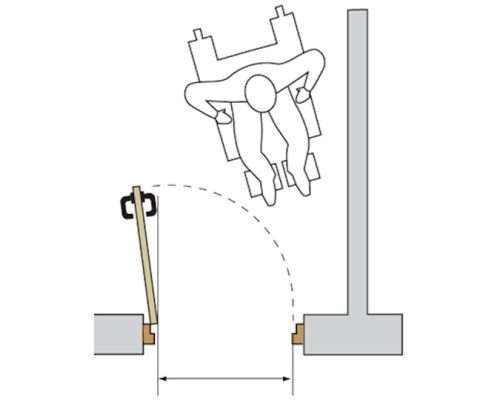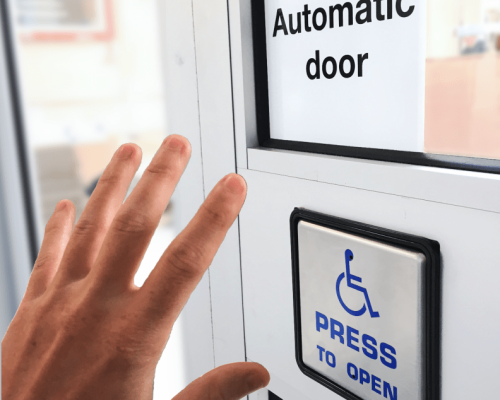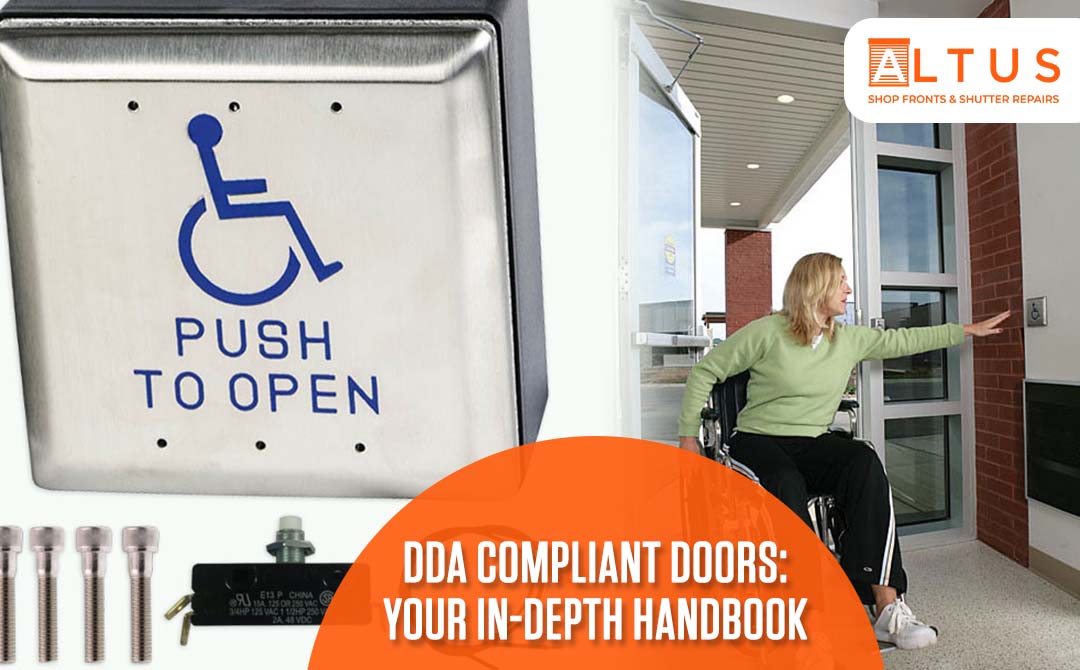In today’s rapidly evolving architectural landscape, the emphasis on inclusivity and accessibility cannot be overstated. DDA-compliant doors stand at the forefront of this movement, ensuring that buildings are accessible to all, regardless of mobility or disability. This comprehensive guide delves into the intricacies of DDA-compliant doors, offering insights into their specifications, benefits, and installation guidelines to ensure your premises are welcoming to everyone.
What is DDA Compliance?
The Disability Discrimination Act (DDA) of 1995, and its subsequent updates, have set the benchmarks for accessibility in the UK. DDA compliant doors are an essential component of this framework, designed to facilitate easy access for individuals with disabilities. These doors are not just about compliance; they are about creating spaces that are genuinely accessible and inclusive.
Key Features of DDA-Compliant Doors
DDA compliant doors come with specific features that distinguish them from standard doors. These include:
- Width and Space: The doors must be wide enough to accommodate wheelchair access, typically requiring a clear opening width of at least 800mm.
- Thresholds and Floor Surfaces: To prevent tripping hazards, thresholds must be level or gently sloping, with a maximum height of 15mm.
- Door Handles and Operating Devices: Handles and operating devices should be easy to grasp and use, positioned at a height accessible from both standing and seated positions.
- Visibility: Doors should have contrasting colours or markings to aid those with visual impairments, along with clear glass panels when possible to increase visibility.

Benefits of Installing DDA-Compliant Doors
The installation of DDA-compliant doors offers numerous advantages, extending beyond legal compliance:
- Enhanced Accessibility: Ensures that everyone, regardless of their physical capabilities, can enter and exit buildings without obstacles.
- Improved Safety: Features like low thresholds and visible markings enhance safety for all users, particularly those with limited mobility or visual impairments.
- Increased Inclusivity: Signifies your commitment to creating an inclusive environment, fostering a positive perception among users and visitors.
- Legal Compliance: Avoids potential legal challenges and fines associated with non-compliance with accessibility regulations.
Installation Guidelines for DDA Compliant Doors
Proper installation is crucial to maximise the effectiveness and benefits of DDA compliant doors. Consider the following guidelines:
- Site Assessment: Conduct a thorough assessment of the site to identify the best locations and configurations for DDA compliant doors.
- Professional Consultation: Engage with experts in accessibility to ensure that your doors meet all the necessary standards and regulations.
- Quality Materials: Use high-quality materials and hardware to ensure durability and ease of use.
- Regular Maintenance: Implement a routine maintenance schedule to ensure that doors remain in optimal condition, retaining their accessibility features.
Choosing the Right DDA Compliant Doors for Your Property

Choosing the right DDA compliant doors for your property, especially for public buildings, private clubs, and leisure centres, requires careful consideration to ensure that all people, including those with disabilities and wheelchair users, can access your premises safely and easily. Accessible doors must not only meet building regulations but also offer convenience and safety to disabled people. For external doors and crucial access routes, automatic door solutions are paramount, providing ease of use through a range of activation options, from motion sensors to push buttons, tailored to the needs of all users.
These doors should incorporate safety sensors and adhere to stringent safety regulations, protecting users from accidents. Whether for public or private spaces, selecting doors with these features ensures an inclusive environment at the leading edge of accessibility, making every entry and exit point a seamless part of the access route for disabled access, reinforcing your commitment to inclusivity.
You can also read: Automatic Doors for Disabled Access
Conclusion
In conclusion, Altus Shop Fronts & Shutter Repairs stands as a beacon of excellence for service providers in the realm of manual and automatic door solutions. Our expertise encompasses a wide array of door types, including double doors, entrance doors, and lobby doors, all customised to meet the perfect height specifications and ensure wheelchair accessibility.
Our commitment to delivering unparalleled service ensures that every door, whether manual or automatic, is tailored to enhance accessibility and convenience for all users. As industry leaders, we pride ourselves on our ability to offer efficient, reliable repairs and installations, making Altus Shop Fronts & Shutter Repairs the go-to choice for those seeking professional and inclusive door solutions.




